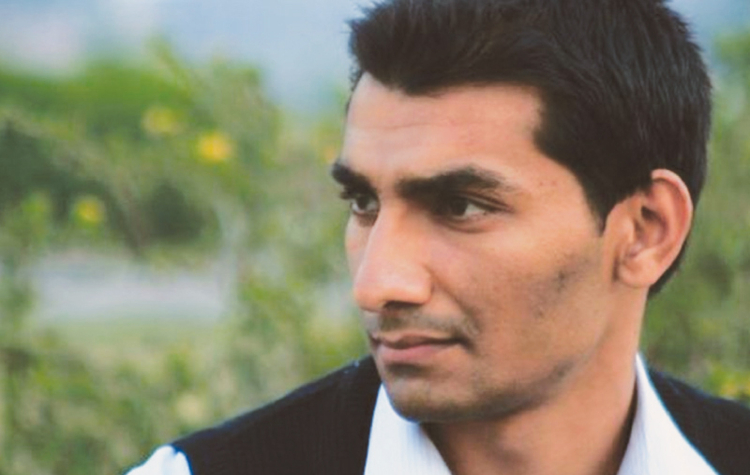(Bangkok/Kathmandu, 1 February 2018): The Asian Forum for Human Rights and Development (FORUM-ASIA) expresses serious concern over the transferring of the case of Junaid Hafeez to yet another judge. Junaid, a lecturer at Bahauddin Zakariya University in Multan, Pakistan, was arrested in March 2013 and was charged with allegedly committing blasphemy on Facebook, a charge he denies.
Junaid has spent most of his time in detention in solitary confinement in a high security prison in Multan. His trial is lingering because of frequent transfers of presiding judges, absence of prosecution witnesses, and other reasons.
The offence of blasphemy is punishable with the death penalty under section 295-C of the Pakistan Penal Code. Several reports by civil society organisations, including Amnesty International, indicate that blasphemy proceedings violate basic human rights of accused, by routinely denying the guarantee of the presumption of innocence, the right to a legal counsel, and other internationally recognised fair trail standards.[1]
The delay in the disposal of the case undermines his right to a fair hearing within a reasonable time, an essential component of the right to a fair trial enshrined under article 10A of the Constitution of Pakistan and laid down in international human rights instruments. Junaid was reportedly also denied the opportunity to meet his lawyer in private.
In May 2017, the UN Committee against Torture expressed ‘serious concern that individuals imprisoned on charges of blasphemy are frequently placed in solitary confinement for extended periods of time’, referring specifically to ‘the case of Junaid Hafeez who has been held in solitary confinement since May 2014’.[2]
According to an application filed by the defence counsel, the case has been transferred to six different judges since the trial began. In 2015, his case was categorised as a ‘Direction Case’, meaning a case which has gone on for more than two years. Once it has been classified as such, it should be concluded within months.
At the beginning of January 2018, the judge who had presided over the case for eight months, the period during which the Court recorded evidence and the defence lawyer cross examined key prosecution witnesses, was transferred to another court within Multan and once again a new judge was assigned to the case.
Under Pakistan’s Code of Criminal Procedure, a Sessions Judge may withdraw or recall a case from a subordinate judge before a trial or the hearing of an appeal has commenced.[3] The transfer of a case, particularly on various occasions, compromises the interests of justice. It should not be exercised arbitrarily when a trial has commenced or when a case has been partly-heard. The standard practice is that a presiding judge before whom a case has commenced continues to hear it except in rare circumstances where the judge retires, resigns, or dies.
FORUM-ASIA observes that the transfer of the case to a new judge, when the defence has already tested the prosecution’s account, and the trial is near conclusion, will compromise the right to a fair trial and due process of law. It will lead to additional delays and further suffering of Junaid. FORUM-ASIA urges the Judiciary of Pakistan to transfer the case back to Judge Muhammad Abbas, so the case can finally concluded.
***
For a PDF version of this statement, click here.
***
[1]See, for example, Amnesty International, “As Good as Dead”; ICJ, On Trial: The Implementation of Pakistan’s Blasphemy Laws”, November 2015.
[2]UN Doc. CAT/C/PAK/CO/1 at para 28, 4 May 2017.
[3]Section 528, the Code of Criminal Procedure, 1898.




